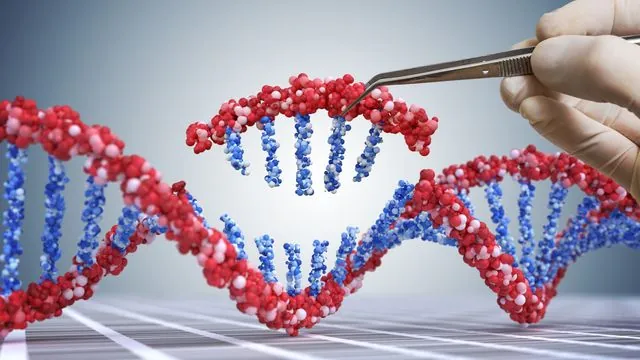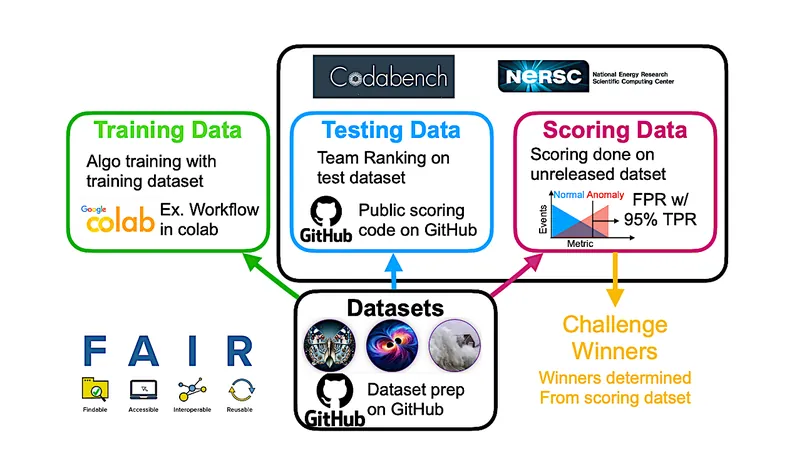
Revolutionary Enzymes Unearthed: Precision Cuts in DNA Like Never Before!
2025-04-16
Author: Charlotte
Groundbreaking Discovery by INRS Team
A team led by Professor Frédéric Veyrier at the Institut national de la recherche scientifique (INRS) has made a monumental breakthrough by unveiling a new family of enzymes capable of making targeted cuts exclusively in single-stranded DNA. This invention is poised to transform biotechnology as we know it.
CRISPR’s Little-Known Cousin
While CRISPR technology has already revolutionized gene editing by targeting double-stranded DNA, the scientific community has long struggled with single-stranded DNA. This less common form of DNA plays vital roles in biological processes like cell replication and is often seen in viruses. Until now, no endonuclease—an enzyme that cuts DNA—had been identified that could exclusively target single-stranded sequences, creating a significant obstacle in this area of research.
Meet the Ssn Enzymes
In an exciting twist, Professor Veyrier's research team has classified a family of endonucleases known as Ssn, derived from the bacterium Neisseria meningitidis, famously known for its role in meningitis. This discovery not only pushes the boundaries of genetic research but also enhances our understanding of bacterial evolution and genetic exchanges.
A Leap Forward in Biotechnology
The team has identified thousands of other similar enzymes that can specifically recognize and cut their own single-stranded DNA sequences. Postdoctoral fellow Alex Rivera-Millot, who co-authored the groundbreaking study, emphasizes the significance: "Thousands of enzymes have their own unique cutting abilities, opening exciting new avenues for research and application." This creates unparalleled opportunities for enhancing gene editing, DNA diagnostics, and more.
Endless Possibilities for Health and Medicine
The implications of this discovery are enormous. The ability to manipulate single-stranded DNA with precision could lead to more effective treatments and improved methods for pathogen detection, thereby addressing critical health issues. As researchers further explore these enzymes, a patent has already been filed, indicating the potential for wide-ranging applications in both health and industry.
A Game-Changer on the Horizon
The identification of Ssn endonucleases marks a significant turning point in genetics, promising not only to enhance our understanding of bacterial mechanisms but also to usher in a new era of cutting-edge medical applications. The future of biotechnology has never looked brighter!









 Brasil (PT)
Brasil (PT)
 Canada (EN)
Canada (EN)
 Chile (ES)
Chile (ES)
 Česko (CS)
Česko (CS)
 대한민국 (KO)
대한민국 (KO)
 España (ES)
España (ES)
 France (FR)
France (FR)
 Hong Kong (EN)
Hong Kong (EN)
 Italia (IT)
Italia (IT)
 日本 (JA)
日本 (JA)
 Magyarország (HU)
Magyarország (HU)
 Norge (NO)
Norge (NO)
 Polska (PL)
Polska (PL)
 Schweiz (DE)
Schweiz (DE)
 Singapore (EN)
Singapore (EN)
 Sverige (SV)
Sverige (SV)
 Suomi (FI)
Suomi (FI)
 Türkiye (TR)
Türkiye (TR)
 الإمارات العربية المتحدة (AR)
الإمارات العربية المتحدة (AR)